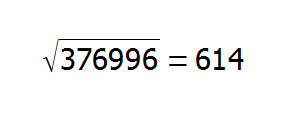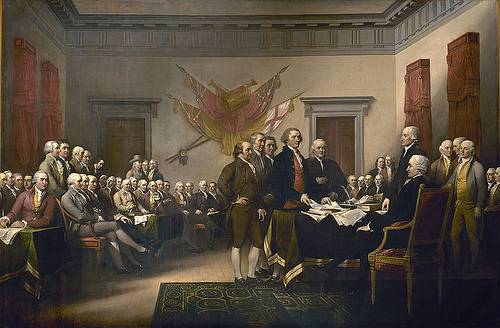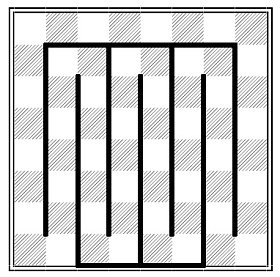In 1965, in a noble attempt to help the rest of us understand Australians, Alistair Morrison published Let Stalk Strine, a glossary of terms used Down Under:
AIR FRIDGE: average
BANDRY: boundary
BAKED NECKS: bacon and eggs
DISMAL GUERNSEY: decimal currency
EGG NISHNER: air conditioner
GARBLER MINCE: a couple of minutes
MARMON DEAD: Mom and Dad
RISE UP LIDES: razor blades
SAG RAPES: sour grapes
SPLIT NAIR DYKE: splitting headache
STEWNCE: students
TIGER LOOK: take a look
“Aorta mica laura genst all these cars cummer ninner Sinny. Aorta have more buses. An aorta put more seats innem so you doan tefter stan aller toym — you carn tardly move innem air so crairded.”
The book went through 17 impressions in one year, a sign the problem had gotten completely out of hand. Just a few months before it appeared, the English author Monica Dickens had been signing copies of her latest book in a Sydney shop when a woman handed her a copy and said, “Emma Chisit.” Dickens inscribed the volume “To Emma Chisit” and handed it back. “No,” said the woman, leaning forward: “Emma Chisit?”





